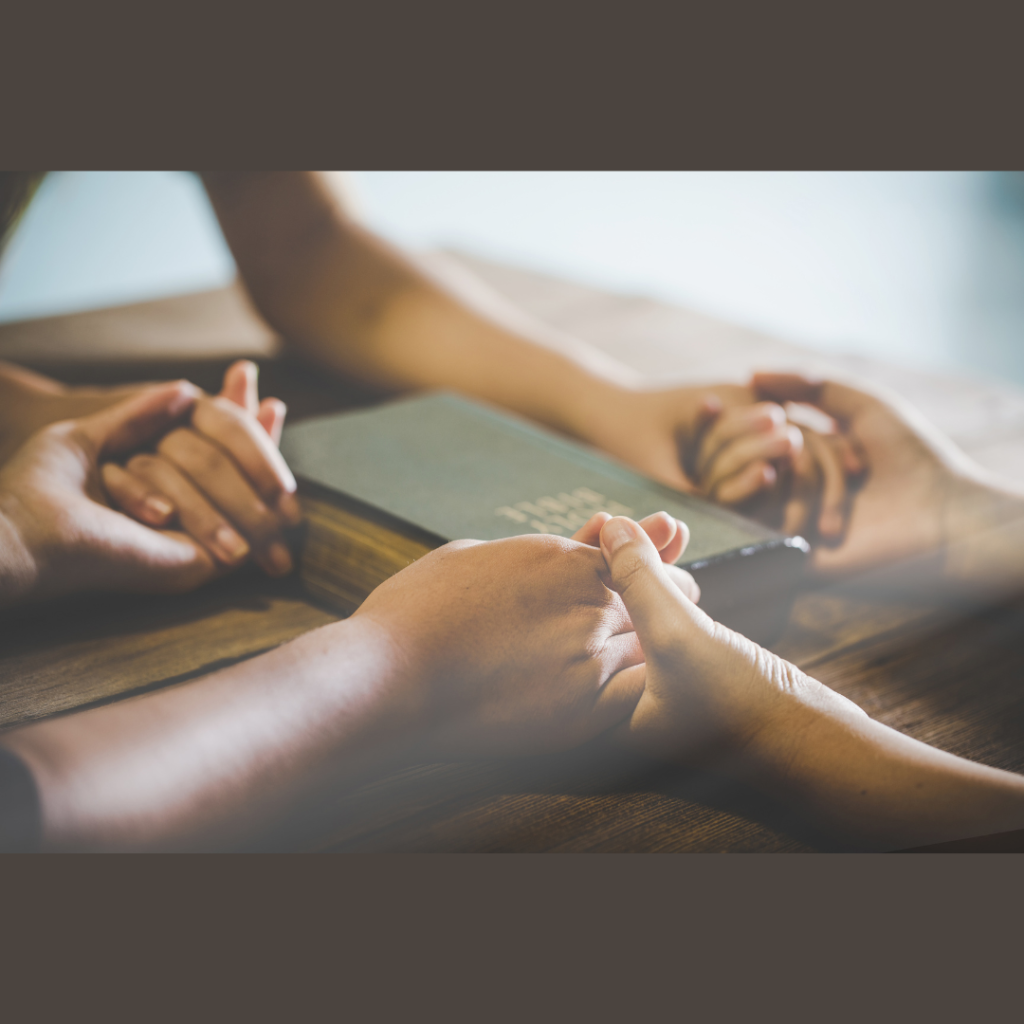Desi Communities and Neurodiversity

Desi Communities and Neurodivesity
“Neurodiversity” is more than just a trending buzz word. It confirms that human minds are diverse in many ways. As an organization we have a focus on Autism and ADHD – the two neurotypes that are extremely diverse within themselves.
So… what does the understanding of neurodiversity look like in other parts of the world? The founder of Kind Theory, Samar, is a Brown, Muslim Neurodivergent Woman of South Asian descent and has the lived experience of what the understanding of neurodiversity looks like in desi aka brown communities. Here’s what she has to say:
Growing up – I had seen neurodivergent people around me. Some of them with visible support needs were referred to as those with special needs (I personally have developed a problem with the term “special needs” but that’s a discussion for later).
Back then when everyone talked about special needs, it was automatically met with low expectations or no expectations and sympathy. In some cases – pity as well. Non-speaking neurodivergent people got the worst of it. As the understanding of communication was limited to speech back then. Even now – many families do not know about different ways their nonspeaking family member can communicate and excel. I won’t go into many details about what ‘was’ but would like to discuss what ‘is’.
The understanding of Autism and ADHD is very pathological in desi communities. Yes. I am talking about today.

Number 1 – These two conditions are infantilized – The most common question is when someone hears of an autistic adult or an adult with ADHD is can adults have Autism? Or can adults have ADHD? I have come to notice that ADHD is a little more accepted than Autism in the desi communities.
Number 2 – When an adult musters up the courage to openly share their neurodivergence. They are usually met with an awkward silence, community members trying to tell them – no you don’t look autistic / ADHD or no you can’t be I have known you all my life.
Number 3- But how are you so good at school or how have you accomplished this and that? – It’s almost like they are implying that being autistic / ADHD or neurodivergent in any form and being good or excelling at something is mutually exclusive. Uhm No. Newsflash. It’s not. Many neurodivergent people excel in their lives with the right support.
Number 4 – The feeble attempt to brush away the topic or change the subject – cuz oh it’s awkward for an adult to share their diagnosis/identity. It almost feels as if others feel it’s a cry for help or an attention seeking gimmick.
There are also autism related social media groups that I have been a part of where Autism is almost talked about as a disease for which people are looking for a cure in camel milk, banning sugar and what not. Honestly it is triggering. VERY triggering.
And when you try to educate and try to communicate because you have lived experience, you are treated as an alien who is trying to invade. It doesn’t make things easier. It only makes things harder.
I posted in a local group hoping to connect with other neurodivergent adults. I mentioned I am neurodivergent as well and since some people aren’t aware of the term neurodiversity, I used Autistic and ADHD. A brown community member commented and said (with all the best intentions), you can join this special needs group here (….) . Again, I have a problem with the term special needs. We will be doing a graphic for that very soon. Anyway, this was a well-intentioned comment I could tell but it didn’t make me feel good – if anything it made me feel bad. I am sure many of my neurodivergent adult friends can understand why. When I clicked the group open it was a group of caregivers and family members mostly sharing and supporting each other which is fine but the very idea that a neurodivergent adult can exist and can exist independently and make friends doesn’t exist for most of the desi community (not all of it though – and I am thankful for that).

I am sharing all of this because this is an extremely important topic.
When a friend / a family member share that they are autistic or have ADHD – believe them.
If you don’t know what that means or entails, ask them. Don’t give them awkward silence.
If they are sharing with you that means they are already at peace with their neurodivergence and agree with it – and that you are someone they trust. Don’t negate their existence or their challenges by negating their neurodivergence.
Become allies of your Autistic / ADHD friends. Educate your personal and professional circles about the neurodiversity affirmative views of Autism and ADHD are.
Neurodiversity is a foreign concept for most of the desi community members (again – not for all of them thankfully). But ask your local Islamic centers or masajid or other local community worship places to invite your Autistic / ADHD friends to speak about what Neurodiversity is and what it entails.
What desi communities fail to realize is by using this pathological, sympathetic, pitiful and “special needs” understanding of developmental disabilities, they are depriving their neurodivergent and disabled community members of their dignity and their potential.

Samar Waqar
About the Author
Hi! lam Samar and lam a neurodivergent. Finding out about my neurodivergence through a formal evaluation was life changing for me.
My childhood was inherently spent knowing and believing within my heart that I was different. My diagnosis served as validation for me, I could finally put my guard down. Or could l? I founded Kind Theory to cultivate acceptance, inclusion and celebration of neurodiversity. My hope is to do it globally – but hey! It’s a start.
I have worked in the fields of education, information analysis and operations management. I have a Masters Degree in Business Administration and a certification in Big Data Analytics. I find the human brain extremely fascinating and therefore have a keen interest in learning more about how the psychology of the human brain works.
l started an ALM in Psychology but had to pause due to personal reason.
The woods are lovely, dark and deep. But l have promises to keep. And miles to go before I sleep. And miles to go before l sleep – Robert Frost
My hope and dream is to someday be able to earn a Masters in Psychology and eventually a doctorate. A girl can dream right?

